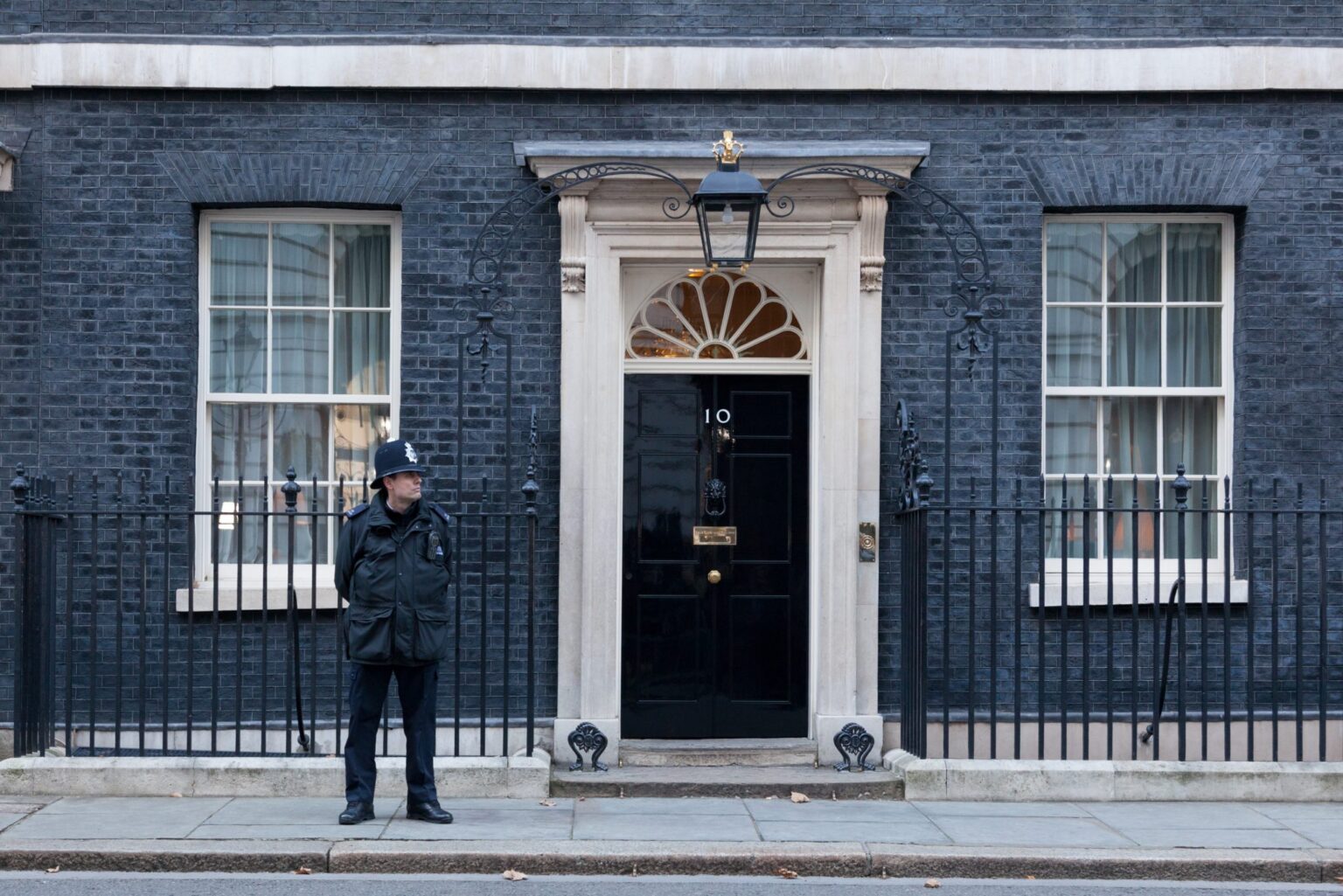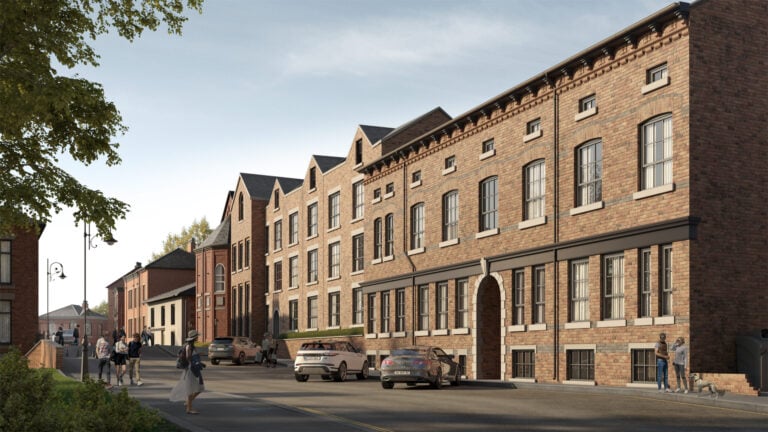As the country waits to find out who the next prime minister will be, one of the biggest national bodies representing landlords has outlined how the government should help the housing market.
By the end of this week, the Conservative candidates battling to become the next party leader and prime minister will have been narrowed down to two. Party members will make a final decision on who gets the top job on 5th September.
At the time of writing, the two favourites for the top post are former chancellor Rishi Sunak and trade minister Penny Mordaunt. While each of the leaders has put forth their pledges for what they would do if voted in, at the moment housing is not high on anyone’s agendas.
One leading voice in the private rented sector – which makes up a major part of the UK’s housing market – is the National Residential Landlords Association (NRLA). It has stepped into the furore to demand that the new prime minister urgently addresses the sector’s shortfalls.
Make the sector stronger
Privately rented properties are experiencing huge levels of tenant demand at the moment. Part of this is being put down to a shortage of supply – something which other parts of the housing market are only too familiar with.
In a survey published by the NRLA, conducted by BVA-BDRC, 60% of landlords said they had seen an increase in interest in their properties in Q2 this year. A year ago, this figure was just 39%, which shows the scope of the rise in appetite.
Conversely, though, the same survey found that almost a quarter (23%) of existing landlords are planning to reduce the number of properties they own. While some may be leaving due to changing regulations, though, others may simply be looking to cash in on the capital appreciation of recent years.
It was also reported that 14% plan to increase the number of properties they own, so, based on these figures, it is possible that the number of homes available to let could begin to fall. This would have a hugely adverse affect on the sector, which is vital for millions of people.
It has also caused a knock-on effect elsewhere. The NRLA also found that 76% of councils surveyed had said that landlords exiting the sector or switching to holiday and short-term rentals had led to longer waiting lists for council housing.
What could the new prime minister do?
The NRLA has not been alone in its criticisms of the government’s handling of the housing market and the PRS in recent years.
The body believes that this trend of landlords being put off the sector is “a direct result of government policy and punitive tax increases since 2015, which have shrunk the private rented sector”.
Namely, Section 24 tax changes have reduced the amount that landlords can claim against their mortgage interest payments, increasing many property investors’ tax bills. Another additional tax is the 3% stamp duty levy that applies to all second property purchases.
The aim of these measures, which were brought in when David Cameron was prime minister, was to increase homeownership levels by putting people off buying second properties and investment properties, thereby leaving housing stock available for buyers.
However, the NRLA hopes that the new leader will realise the importance of the rental sector as a stepping stone for millions. Further to this, supply issues in the market are likely to push rents up, which could make saving for a deposit even more difficult.
Flexibility needed
NRLA chief executive Ben Beadle said: “Driving rents up just leaves tenants with less cash to save for a deposit.
“We need a strong and vibrant private rental market that meets the needs of those who rely on the flexibility it provides, those who need somewhere to live before becoming homeowners and those for whom the promise of social housing tomorrow provides cold comfort today.”
The group is asking the new prime minister to “end this hostility to landlords and take steps to encourage investment to meet the rising demand”.
It points out that since mortgage interest relief was abolished for investors, the sector has lost around a quarter of a million rental homes. However, those with short-term lets and holiday properties still get to claim the full amount, creating a disparity unnecessarily.
When the new prime minister is announced, there are likely to be plenty of industry bodies requesting in similar terms that the government reassess its view of the market.









